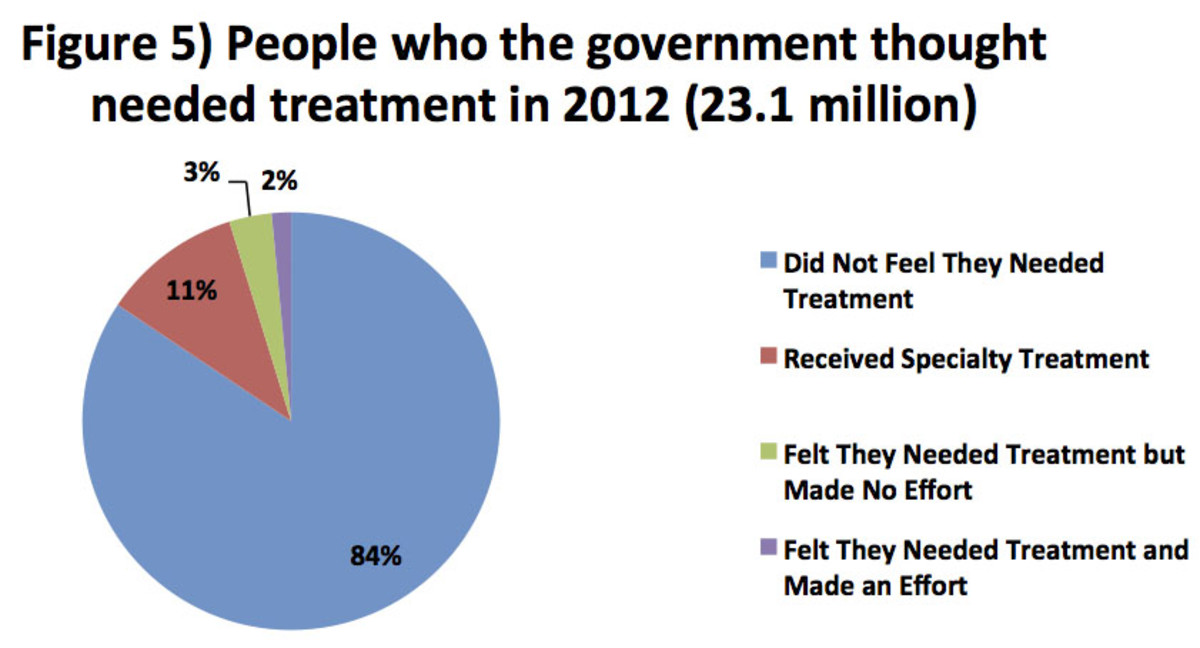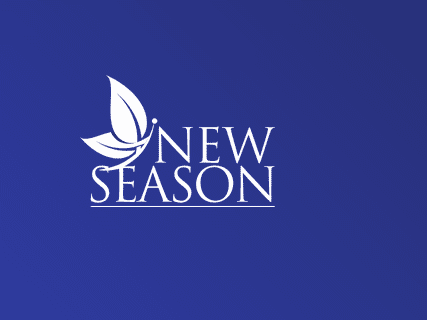Although there's no cure for drug dependency, treatment alternatives described below can assist you conquer a dependency and remain drug-free. Your treatment depends upon the drug utilized and any associated medical or mental health conditions you might have. Long-term follow-up is very important to avoid regression. Treatment programs normally offer: Individual, group or family therapy sessions A focus on comprehending the nature of dependency, becoming drug-free and preventing regression Levels of care and settings that differ depending on your needs, such as outpatient, domestic and inpatient programs The objective of detoxing, likewise called "detox" or withdrawal therapy, is to allow you to stop taking the addictive drug as rapidly and securely as possible.
Others might require admission to a healthcare facility or a domestic treatment center. Withdrawal from various classifications of drugs such as depressants, stimulants or opioids produces different adverse effects and requires various techniques. Detox might include gradually lowering the dosage of the drug or momentarily substituting other substances, such as methadone, buprenorphine, or a combination of buprenorphine and naloxone.
Naloxone momentarily reverses the results of opioid drugs. While naloxone has actually been on the market for many years, delivery systems such as Narcan (a naloxone nasal spray) and Evzio (a naloxone injection device) are now offered, though they can be very pricey. Evzio is a small injection gadget that offers voice directions to direct the user and instantly place the needle into the thigh to deliver the naloxone injection.
As part of a drug treatment program, behavior modification a form of psychiatric therapy can be done by a psychologist or psychiatrist, or you may get therapy from a certified alcohol and drug counselor. Therapy and therapy might be finished with a private, a family or a group. The therapist or therapist can: Help you establish ways to cope with your drug yearnings Suggest strategies to avoid drugs and prevent relapse Deal ideas on how to deal with a regression if it occurs Talk about issues concerning your job, legal problems, and relationships with household and pals Include relative to assist them develop much better communication skills and be supportive Address other mental health conditions Numerous, though not all, self-help support groups use the 12-step design first established by Alcoholics Anonymous.
The self-help support system message is that dependency is a persistent disorder with a threat of regression. Self-help support groups can decrease the sense of embarassment and isolation that can result in relapse. Your therapist or certified counselor can assist you locate a self-help support group. You may likewise discover support groups in your community or on the internet.
Getting The What Addiction Treatment Programs Take Kaiser Permanente To Work
Knowing new coping abilities and understanding where to find help are vital. Taking these actions can help: Drug addiction is connected to a variety of problems that may be assisted with therapy or therapy, consisting of other underlying psychological health concerns or marriage Alcohol Rehab Facility or family issues. Seeing a psychiatrist, psychologist or licensed therapist might help you restore your comfort and mend your relationships.
Look for instant treatment from a qualified psychological health professional if you have any signs or signs of mental illness. Support system, such as Narcotics Anonymous or Alcoholics Anonymous, can be extremely effective in managing addiction. Empathy, understanding and shared experiences can help you break your dependency and stay drug-free.
You can start by discussing your compound use with your main physician, or request a recommendation to an expert in drug dependency, such as a certified alcohol and drug counselor, or a psychiatrist or psychologist. Take a relative or friend along (what is the treatment for cocaine addiction). Here's some information to help you prepare yourself for your appointment.
To get a precise idea of which treatment might assist, be sincere with your medical professional or other mental health expert. that you're taking, and the dosages. Tell the physician about any legal or unlawful drugs you're utilizing. your physician or mental health expert. Some concerns to ask your medical professional may consist of: What's the best approach to my drug addiction? Should I see a psychiatrist or other psychological health specialist? Will I need to go to the health center or spend time as an inpatient or outpatient at a healing clinic? What are the options to the primary technique that you're suggesting? Exist any pamphlets or other printed product that I can have? What websites do you suggest? Do not be reluctant to ask other concerns during your visit.
Be ready to address them to reserve time to discuss any points you wish to concentrate on. Your medical professional may ask: What drugs do you utilize? Learn here When did your drug use first start? How typically do you use drugs? When you take a drug, just how much do you use? Do you ever feel that you might have a problem with drugs? Have you tried to stop on your own? What occurred when you did? If you tried to give up, did you have withdrawal symptoms? Have any member of the family criticized your drug use? Are you ready to get the treatment required for your drug addiction? Oct.

Not known Incorrect Statements About Why Is It Important To Have Gender Specific Groups For Addiction Treatment
Drugs and Alcohol Can Hijack Your BrainPeople with addiction lose control over their actions. They yearn for and look for drugs, alcohol, or other compounds no matter what the costeven at the danger of destructive friendships, harming family, or losing tasks. What is it about dependency that makes individuals behave in such destructive methods? And why is it so hard to stop? NIH-funded scientists are working for more information about the biology of addiction.
But even for those who've successfully quit, there's always a threat of the addiction returning, which is called regression. The biological basis of dependency helps to explain why people http://beckettuxzw945.trexgame.net/the-best-strategy-to-use-for-whata-s-the-difference-between-iop-and-outpatient-addiction-treatment require a lot more than excellent intents or determination to break their dependencies. "A common misperception is that addiction is an option or moral problem, and all you need to do is stop (how to get more clients at an outpatient addiction treatment program).
George Koob, director of NIH's National Institute on Alcohol Abuse and Alcohol Addiction. "The brain in fact alters with addiction, and it takes a bargain of work to get it back to its normal state. The more drugs or alcohol you've taken, the more disruptive it is to the brain." Scientists have discovered that much of dependency's power depends on its capability to pirate and even damage crucial brain regions that are suggested to assist us survive.
It does this by switching on brain circuits that make you feel wonderful, which then motivates you to duplicate those behaviors. On the other hand, when you're in danger, a healthy brain pushes your body to respond rapidly with worry or alarm, so you'll get out of damage's way. If you're tempted by something questionablelike eating ice cream before supper or buying things you can't affordthe front areas of your brain can help you decide if the consequences are worth the actions.
Drugs or alcohol can pirate the pleasure/reward circuits in your brain and hook you into desiring increasingly more. Addiction can likewise send your emotional danger-sensing circuits into overdrive, making you feel nervous and stressed when you're not utilizing the drugs or alcohol. At this phase, individuals often use drugs or alcohol to avoid feeling bad rather than for their pleasurable effects.
